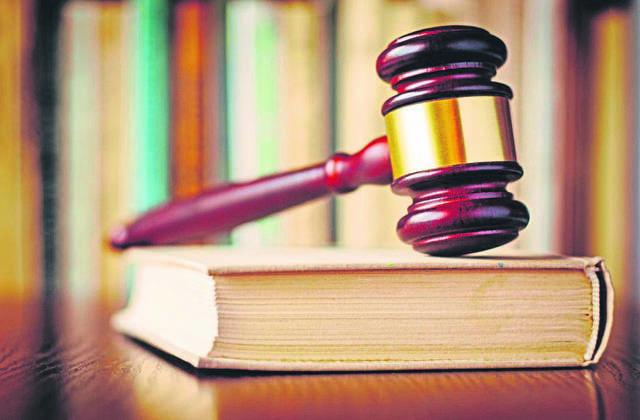Courts are the third leg in the stool of our government, responsible not only for judging the guilty and the culpable, but also for serving as a check on the legality of what the executive and legislative branches do.
Those decisions can’t just be placed on hold because of an emergency. Crime still happens. There are still civil cases with exigent circumstances. And as the recent federal ruling on Gov. Tom Wolf’s actions shows, there are always questions to ask and answer about how power is wielded by elected officials.
So it makes sense that people will try to solve the complex puzzle of how to keep the courts working, despite the coronavirus pandemic.
Jury trials were paused amid the state’s restrictions for months. In Westmoreland County, they resumed in August. Allegheny County is set to restart Oct. 19, with proceedings distributed between the courthouse and City-County Building for criminal cases and the David L. Lawrence Convention Center for civil disputes.
It will be different than it was before, but not as different as it could have been.
JuryStream, a concept created by Pittsburgh attorney Matthew Doebler, would put civil cases in front of a virtual panel of peers.
More and more court processes are being handled via remote technology. Arraignments and other appearances might happen through video. Even the notoriously old-school U.S. Supreme Court heard arguments by telephone during the pandemic.
But can you replicate the isolated and focused conversations of a jury experience virtually? That’s questionable, making it appropriate that the idea is to address only civil cases.
Anyone who has done school or work online since March can attest to certain benefits of a virtual workplace, but more time is spent talking about its challenges.
Among the greatest is the kaleidoscope of attention that gets split among what is happening on screen, on a smartphone or a TV and a snack and possibly a middle-schooler’s math class and a puppy that needs to go outside, often all at the same time.
That kind of shattered focus is bad enough for work or a civil case. A criminal case should never be left to half-hearted attention.
New technology such as this could provide a way to relieve the pressure on the court system, even when there isn’t a global health crisis. Court calendars are often packed tight, with time and space at a premium. A virtual alternative might make it possible to keep some civil cases happening efficiently.
It also could provide a venue for jurors that is secure and minimizes exposure that might lead to undue influence.
There are plenty of questions about how a virtual court might be conducted. What is important is that the ideas that keep the court functioning continue to be pursued.








